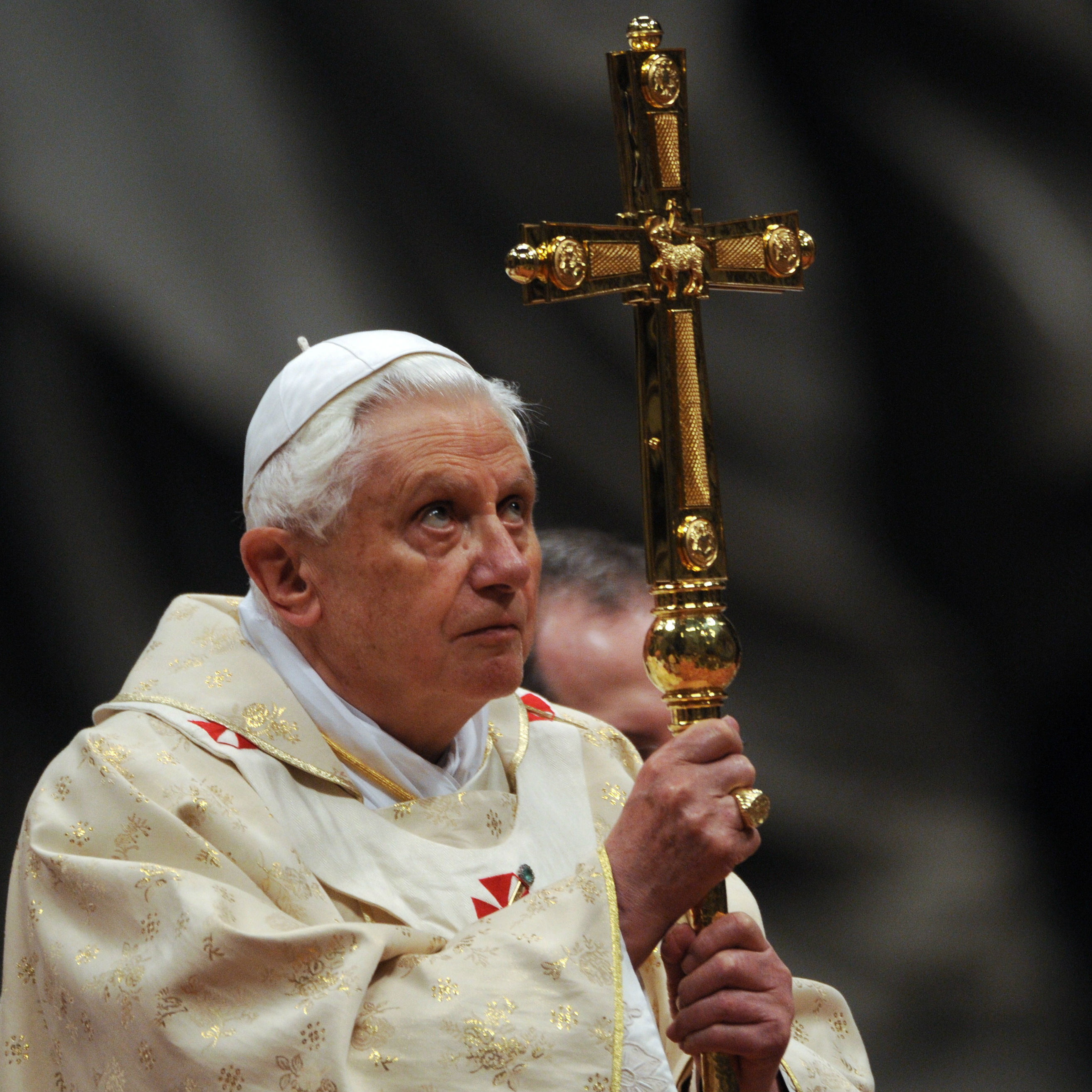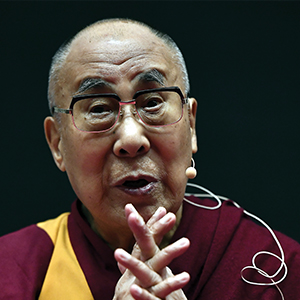The Dalai Lama (above) will not attend a gathering of religious leaders, including Pope Francis, in Assisi on 20 September. His secretary, Tenzin Taklha, told AsiaNews that the Dalai Lama had not been invited to the meeting for the “World Day of Prayer for Peace”. Thirty years ago, he was one of 160 religious representatives invited by the then Pope John Paul II to Assisi, an event that is the inspiration for next week’s gathering. Beijing is notoriously sensitive to recognition of the Dalai Lama by any state authorities, and an invitation would have alienated the Chinese when sensitive negotiations are ongoing. The Holy See is engaged in discussions with Beijing whose main focus is on the appointment of bishops. Beijing insists on a veto over Vatican appointees and on its own right to appoint bishops.
Meanwhile, a draft bill to amend the Regulation for Religious Affairs was released by the Chinese Government for a one-month public consultation. The draft bill includes chapters on sites for religious activities, religious personnel and property, and religious activities.
Vote plea from bishops
Bishops in Colombia have called for an “informed and responsible vote” in the upcoming Peace Accords referendum. While the Colombian Government and the Revolutionary Armed Forces of Colombia (FARC) officially signed the Peace Accords on 25 August, their implementation depends on the 2 October referendum.
FARC took up arms against the Colombian state in 1964. The peace deal, signed in Havana, Cuba, after years of negotiation, is the official end to armed conflict in Colombia that left tens of thousands dead and millions displaced. The accords lay out a roadmap to demobilise and disarm the remaining 7,000 FARC fighters and re-integrate them into society. They also include a transitional justice process in which FARC members who confess to their crimes will not have to serve prison sentences. Victims of the conflict will receive reparations.
Critics of the agreement say that it should include time in jail for FARC members who committed crimes against humanity and ban those convicted from holding public office. FARC will transition to become a political party in the plan laid out in the peace plan. The President of the Bishops’ Conference, the Archbishop of Tunja, Luis Augusto Castro, signed a statement, which said: “We call on the Colombian people to participate in the consultation on the Havana Accords, in a responsible manner, with an informed and conscientious vote that freely expresses their opinion.”
Ex-president granted asylum
Salvadoran ex-president Mauricio Funes (pictured with his wife, Vanda Pignato, while in office) has been granted asylum in neighbouring Nicaragua; he is being investigated over allegations of corruption in his homeland. Mr Funes faces a trial over his inability to account for US$700,000 reported to be in his personal bank account when his presidency of El Salvador ended in 2014. Mr Funes was involved in brokering a truce between rival gangs that was supported by the Salvadoran Episcopal Conference and temporarily brought down the murder rate in El Salvador. Mr Funes maintains his innocence and says the investigations are politically motivated.
Indonesia’s bishops have expressed opposition to the Indonesian Government adopting the brutal tactics seen against the drugs trade in The Philippines, where more than 1,000 people have been killed in recent months. They view extra-judicial killings as unacceptable. “How is it different from thugs murdering people on the streets?” Fr Paulus Christian Siswantoko, Executive Secretary of the Indonesian Bishops’ Justice and Peace Commission, asked last week. “If implemented, then we will become a barbaric nation,” he added. Indonesia’s national anti-drugs agency has been buying extra arms, and its drugs chief, Budi Waseso, has called for a Philippines-style crackdown. Asked if Indonesia would be as aggressive as The Philippines, Mr Waseso said: “Yes, I believe so”. Last month, the Catholic Bishops’ Conference of The Philippines deplored the campaign of extra-judicial killings in their country.
In his keynote address at a meeting of the International Peace Conference at Salzburg on 6 September, the general secretary of the King Abdullah Centre for Inter-religious and Inter-cultural Dialogue (KAICIID) expressed regret that “fear of migrants and refugees” had led to “new walls” being erected in Europe. In a session on “Open Borders and Open Societies”, Faisal Bin Muaammar, who has held a number of senior positions in the Saudi administration, cautioned against using language that “dug trenches instead of building bridges”. To speak of “floods” of refugees or of the “mass movement of migrants” meant robbing those concerned of their individuality, he said. KAICIID is financed by Saudi Arabia, which has been accused of reluctance to take in Syrian refugees.
A Myanmar bishop, whose diocese includes a large population of ethnic Karen, many of whom are Christian, said he sees “new hope for peace with ethnic minorities”. Bishop Francis Daw Tang of Myitkyina, in Myanmar’s northern Kachin state, explained that, “now, with the new National League for Democracy Government and after a national conference held in Panglong, we hope dialogue is put into practice”. Twenty-four delegates from Kachin, two of them Catholics, took part in the conference.
Gay marriage protest
Tens of thousands of people marched in Mexico last Saturday to protest against a proposal by President Enrique Peña Nieto (pictured above with Pope Francis earlier this year) to recognise gay marriage throughout the country.
The National Front for the Family coalition, made up of secular groups but supported by various Churches, organised marches in 110 Mexican cities.
The Catholic Church did not officially sponsor the marches but encouraged Catholics to attend. The National Front for the Family is also opposed to adoption rights for same-sex couples and the teaching of “gender ideology” in state schools. The Mexican Episcopal Council (CEM) President and Archbishop of Guadalajara, Cardinal José Francisco Robles Ortega, said ahead of the marches that the CEM supports the National Front for the Family and encourages “enthusiastic participation by all people, families and groups”.
15 September 2016, The Tablet
News Briefing: The Church in the World
 Loading ...
Loading ...
Get Instant Access
Subscribe to The Tablet for just £7.99
Subscribe today to take advantage of our introductory offers and enjoy 30 days' access for just £7.99



